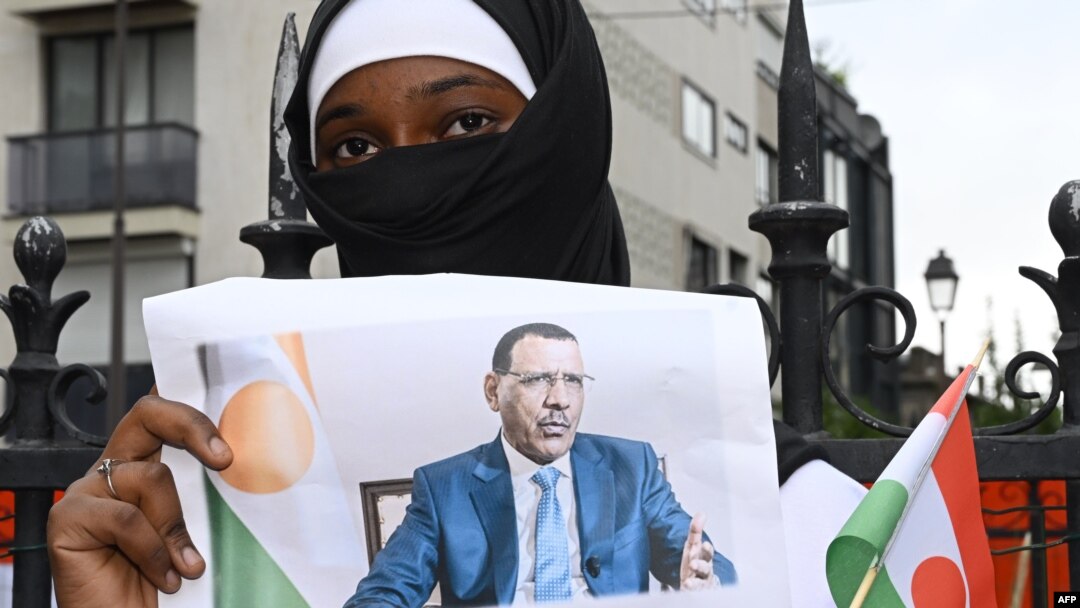An official statement read out by Omar Alieu Touray, president of ECOWAS, said the West African bloc directed the committee of the chiefs of defense staff to "activate the ECOWAS Standby Force with all its elements immediately."
The statement did not mention how the force would be funded, which countries would participate, or how many troops and what hardware they could contribute.
"As you’re aware, ECOWAS has taken many decisions in the past, legal and factual, about coup d’états and the community has always condemned coup d'états ...," Ivory Coast President Alassane Ouattara told reporters in Abuja after the summit.
"This is not a matter of Nigeria against Niger. Not at all. The decision that we have made today, and I hope it will be implemented immediately, is a decision of ECOWAS. All the heads of state think that we have tried dialogue with the putsch of Niger," Ouattara said.
Security analysts say a regional force could take weeks or longer to assemble, potentially leaving room for negotiations.
Michael Shurkin, senior fellow at the Atlantic Council and an expert on the Sahel, told VOA that he doesn’t believe that military intervention will happen anytime soon.
"Basically, what they (ECOWAS) have done is they're moving resources ... Its all preparatory. In other words, these are steps you need to take in order to do something later. But I would be shocked if this is the kind of thing that would result in a quick move ... It takes more time than that to organize," Shurkin said.
"They're amping up the threat, but they're also laying the groundwork for an actual intervention," he added.
Meanwhile, Niger’s junta told a top U.S. diplomat that they would kill deposed President Mohamed Bazoum if neighboring countries attempted any military intervention to restore his rule, two Western officials told The Associated Press.
Representatives of the junta told U.S. Under Secretary of State Victoria Nuland of the threat to Bazoum during her visit to the country this week, the officials confirmed, speaking on condition of anonymity.
The junta in Niamey had defied an Aug. 6 deadline to stand down set by ECOWAS, instead closing Niger's airspace and vowing to defend the country against any foreign attack.
ECOWAS accused the generals in charge in Niamey of "defiantly repelling" all the bloc's attempts at diplomatic engagement and sought to project an image of resolution and unity.
So far, the coup leaders have given little sign that they were prepared to back down or engage in meaningful negotiations.
Hours before the summit in Abuja, they named a new government in an apparent move to entrench their position and present themselves as a legitimate government for Niger after the July 26 coup.
The United Nations and Western powers have backed ECOWAS efforts to persuade the junta to relinquish power and free Bazoum, who is being detained in his residence.
"They (Niger's military) should go to fight the terrorists and not try to kidnap a democratically elected president. So, we believe that this is for the credibility of ECOWAS all of us are concerned and involved in this decision," Ouattara said.
Some information for this report came from The Associated Press and Reuters. VOA's Abdourahmane Dia and Carol Van Dam contributed.


